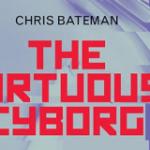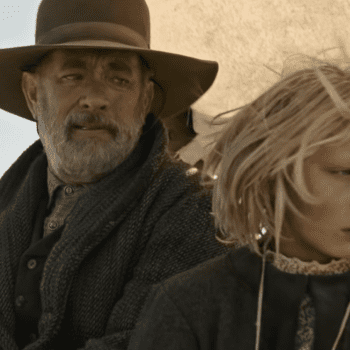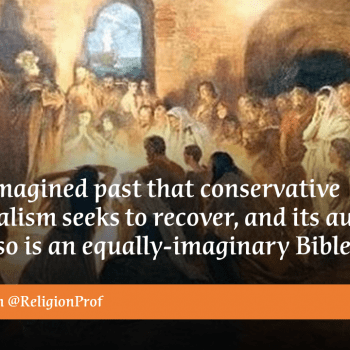There are two dominant heresies alive in American Christianity today, which would be fundamentalism and nationalism.
Fundamentalism advocates an entirely unhistorical theological viewpoint that the Bible is a scientific textbook, and that any scientific hypothesis, theory, or fact that “opposes” some supposed scientific principle believed to be written in the Bible must be rejected as some sort of atheist attack on the faith.
This is a fairly modern heresy, one that entirely rejects historical theological discovery and exegetical studies, and only really came into prominence in the earlier part of the 20th Century. No one in antiquity, the early church, or the vast majority of the history of the Church held to any notion of fundamentalism.
Nationalism advocates the view that America is God’s “special nation” and that this nation is the best nation that’s ever existed anywhere, and implicitly propagates that all other nations, peoples, and races have something defective, lacking, wrong, or even evil in them.
Both of these roots have brought forth the modern fruit of utter insanity that runs the gamut of American Christianity, in all its discordant and vile glory. The spectacle is filled to the brim with non-sensical, incoherent, and bigoted conspiracy theories.
Because of the fundamentalist root that disdains science and empiricism, it feels like no amount of rational discourse or evidence can convince people trapped within this heretical bubble that they are plainly and factually incorrect; and because of the partisan-nationalist root, these people only trust the words of Donald J. Trump, against literally anyone else (even others that are inside the Trump administration).
And once one injects the Pentecostal-Charismatic alloy of mysticism into this heresy, then these individuals believe that only they know the “truth” since only they can “hear from God.”
Conspiracy theories are by and large already appealing for individuals that have some sort of gnostic and esoteric impulse, in believing themselves to be a part of some enlightened group that knows how things “truly” operate, against the readily accepted narrative of the world.
Similarly, Pentecostals and Charismatics, because of our attraction to prophecy, glossolalia, and other aspects of the supernatural, also have a somewhat commensurate impulse as well.
So when these two spheres intersect, it produces quite a powerful societal phenomenon. A typical conspiracy theorist will delight in their hidden knowledge but it usually begins and ends there; conversely, the Charismatic conspiracy theorist will intermingle prophecy and God’s sovereignty into the equation, producing an explosive cocktail of radicalism, for they believe God to be on their side in exposing “the truth.”
Now add social media into this cocktail, with its “bubbling” feedback-looping mechanism, and anyone already itching in this direction will now primarily only see posts, memes, and videos that reinforce these perspectives, day after day after day.
Click through to read the rest. I spent enough time in Pentecostal and fundamentalist contexts to feel the power and poignancy of this analysis. Some of the views that thrive in these contexts – that the antichrist is gearing up to appear, putting the mark of the beast in UPC codes already in the present; that scientists are conspiring to cover up the truth about evolution; that the loss of centralized religious authority and institution is in fact itself the work of a centralized (whether humanly or demonically) “New Age” plot aimed at the true gospel that we as a small minority seek to preserve and promote – are not something distinctively Christian so much as something distinctive of the conspiracy theory mindset customized with a specifically Christian veneer.
Of related interest:













